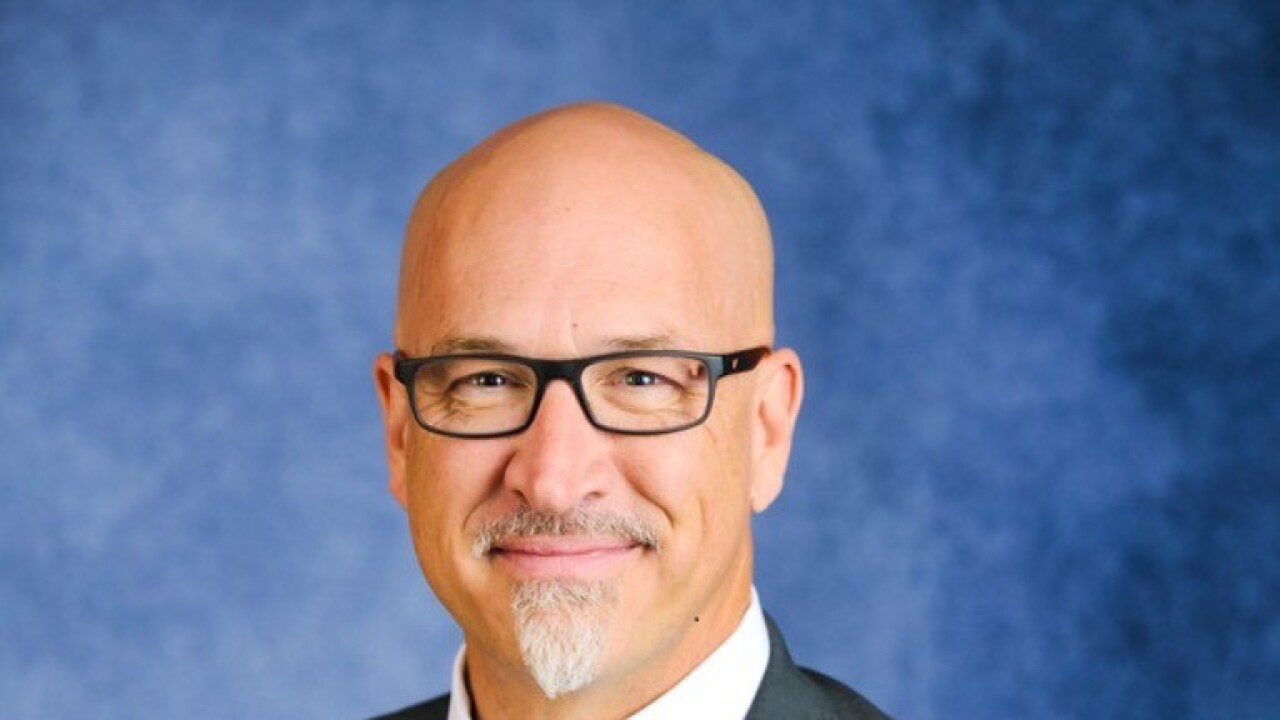The federal spending bill that passed Congress Monday, delaying the Affordable Care Act’s 40% excise tax on high-cost health plans, is welcome news for employers.
UBA’s Health Plan Survey, released earlier this month, shows that three out of four U.S. employers will be hit with the Cadillac tax by 2020.
"When the law was created, it was assumed that only 3% of plans would trigger the Cadillac tax, and it was marketed as a tax on 'the rich benefits of executives,'" says Les McPhearson, CEO of UBA. "The reality is that this tax will weigh heavily on a majority of American businesses that can't afford it and will have to make severe cuts to stay above water.”
The tax, which will be delayed for two years, will impose a 40% tax on health insurance plans that cost more than $10,200 for individuals and $27,500 for families.
"Many of these employers, even after reducing benefits and premiums, will still not be able to lower their annual costs under the Cadillac tax thresholds," says Carol Taylor, chairwoman of the UBA client compliance solutions Committee and the director of compliance with D & S Agency, a Virginia-based insurance firm and UBA partner. "They should be strategizing now, however, to mitigate liabilities as much as possible.”
In a Dec. 16 letter to
The National Business Group on Health’s president and CEO, Brian Marcotte, says the NBGH applauds Congress for reaching a spending bill agreement that includes a two-year delay of the Cadillac tax and urges members of Congress to vote for it. “A delay will be welcomed news for the large employer community as well as employees, many of whom would face higher healthcare costs from the tax,” he says.
Steve Wojcik, vice president of public policy at the NBGH says “a delay will give Congress and the Administration more time to evaluate the impact of the tax and address the potentially negative consequences in terms of reduced benefits, job losses, and declines in personal income.”
According to a recent National Business Group on Health survey of 140 of the nation’s largest corporations, almost one-half of respondents (48%) expect at least one of their benefit plans will hit the excise tax threshold in 2018 if they don’t take measures to control rising healthcare costs. By 2020, almost three-quarters (72%) expect one of their plans will trigger the tax, while their plan with the greatest enrollment will only be one year behind.





